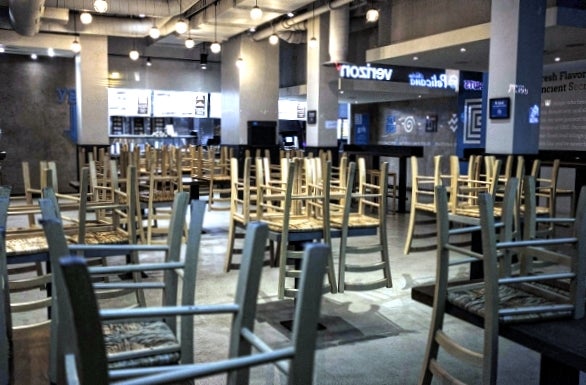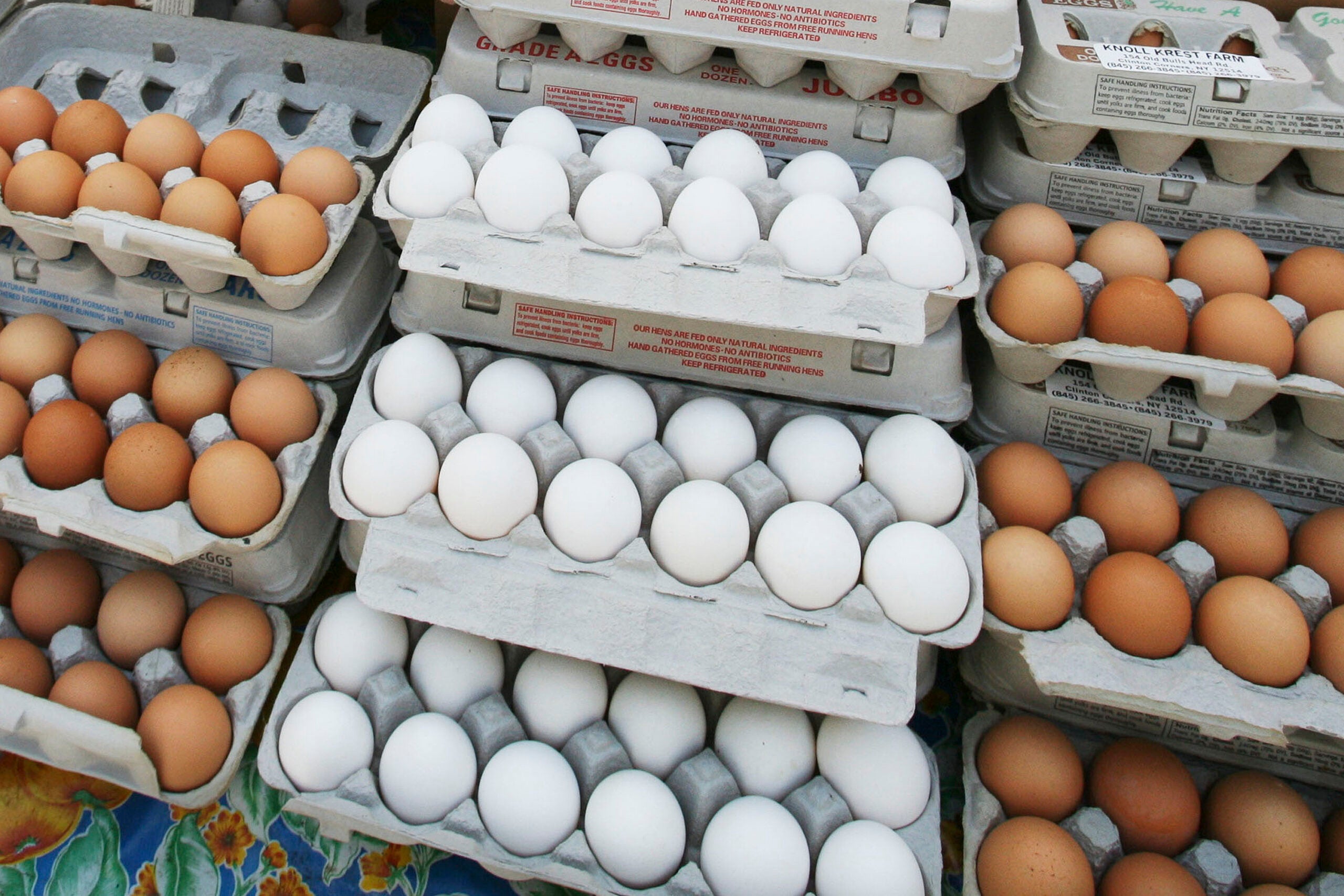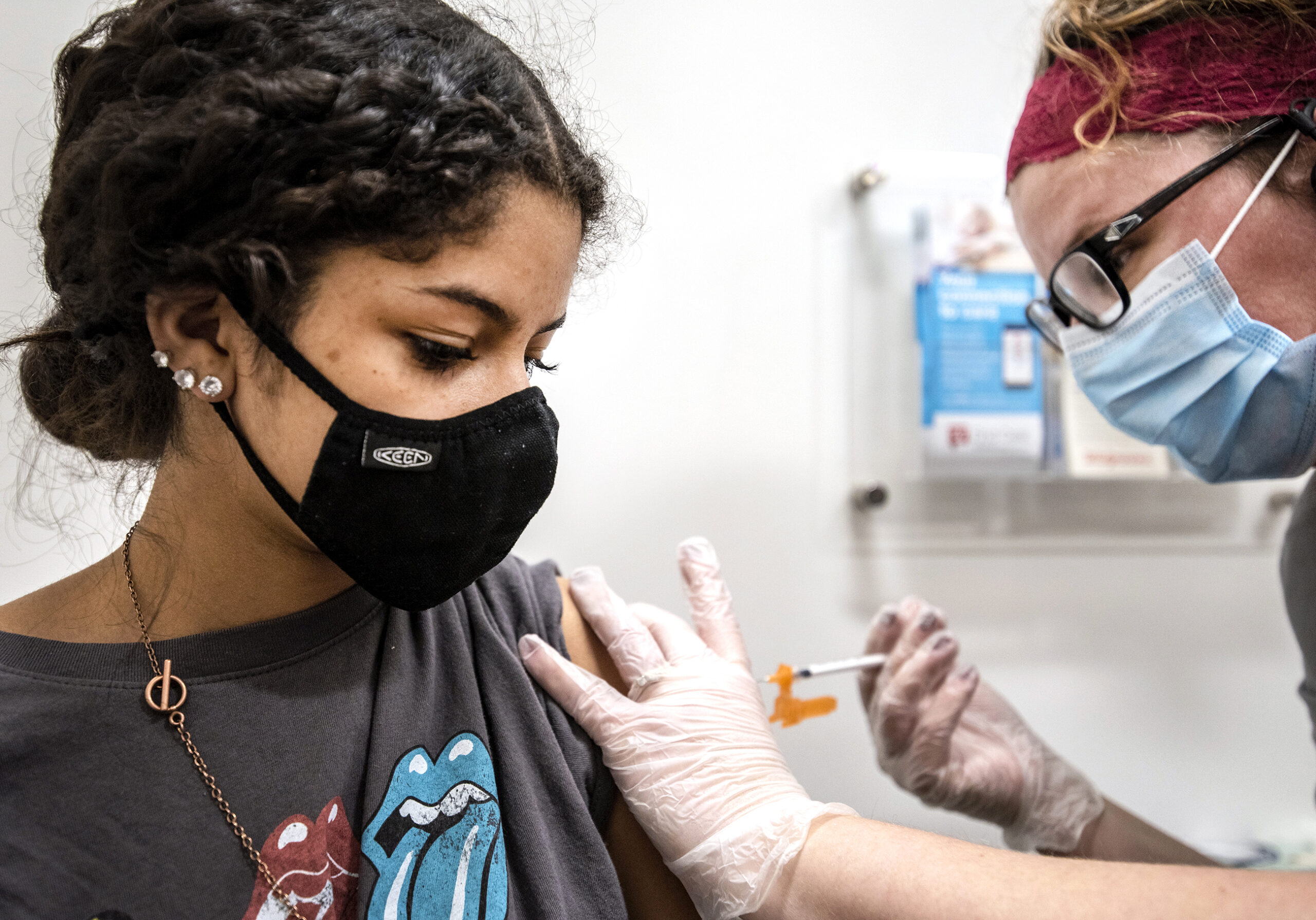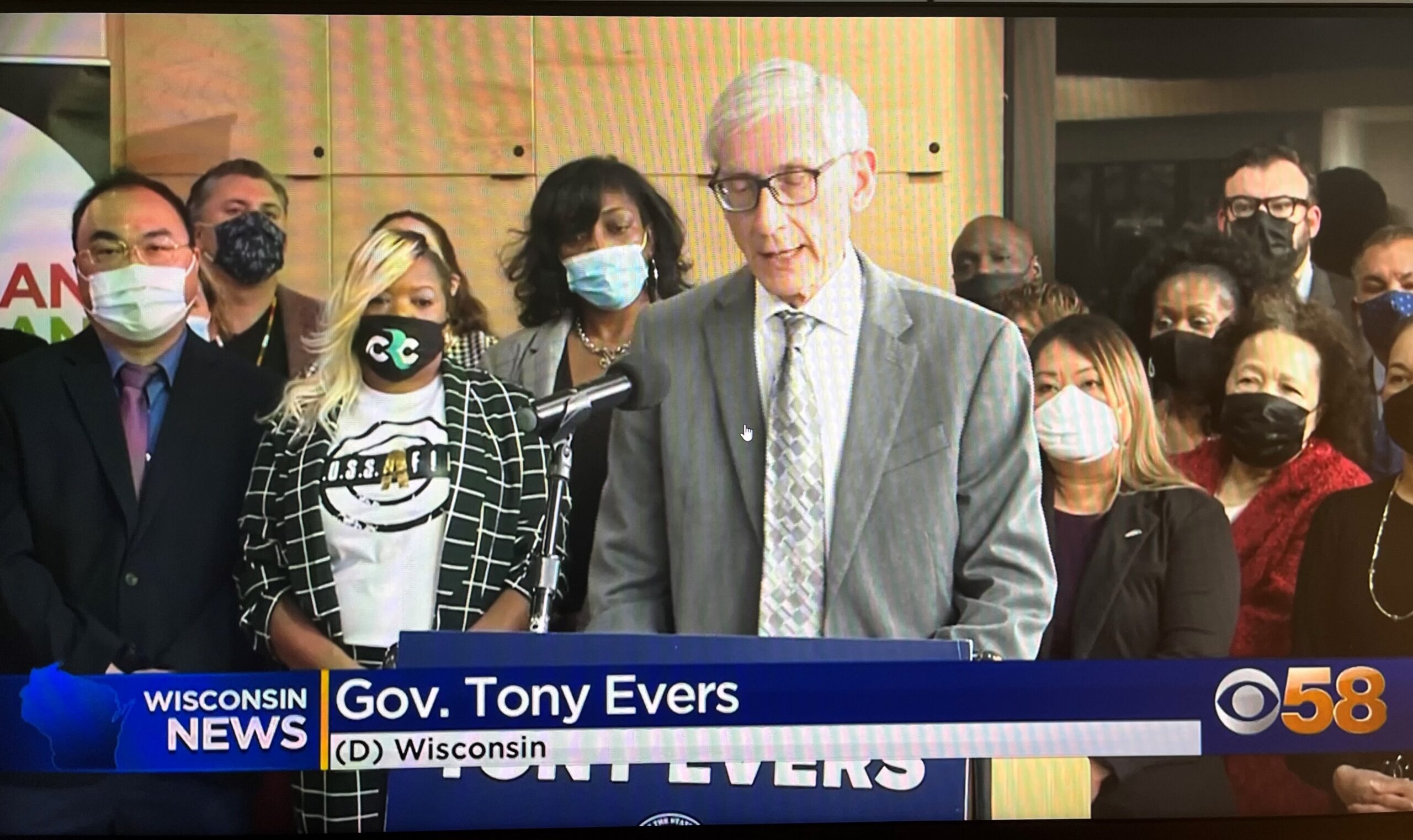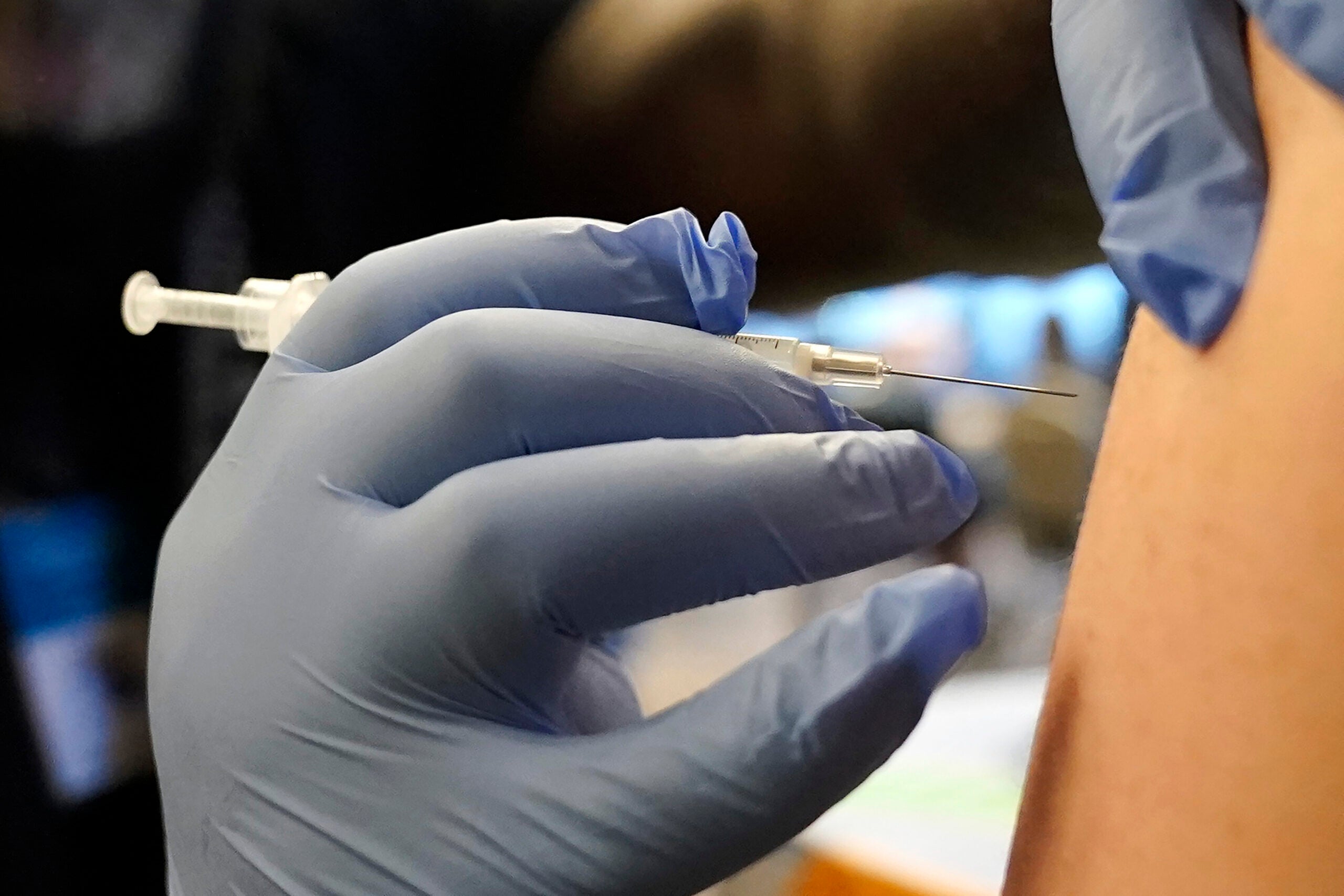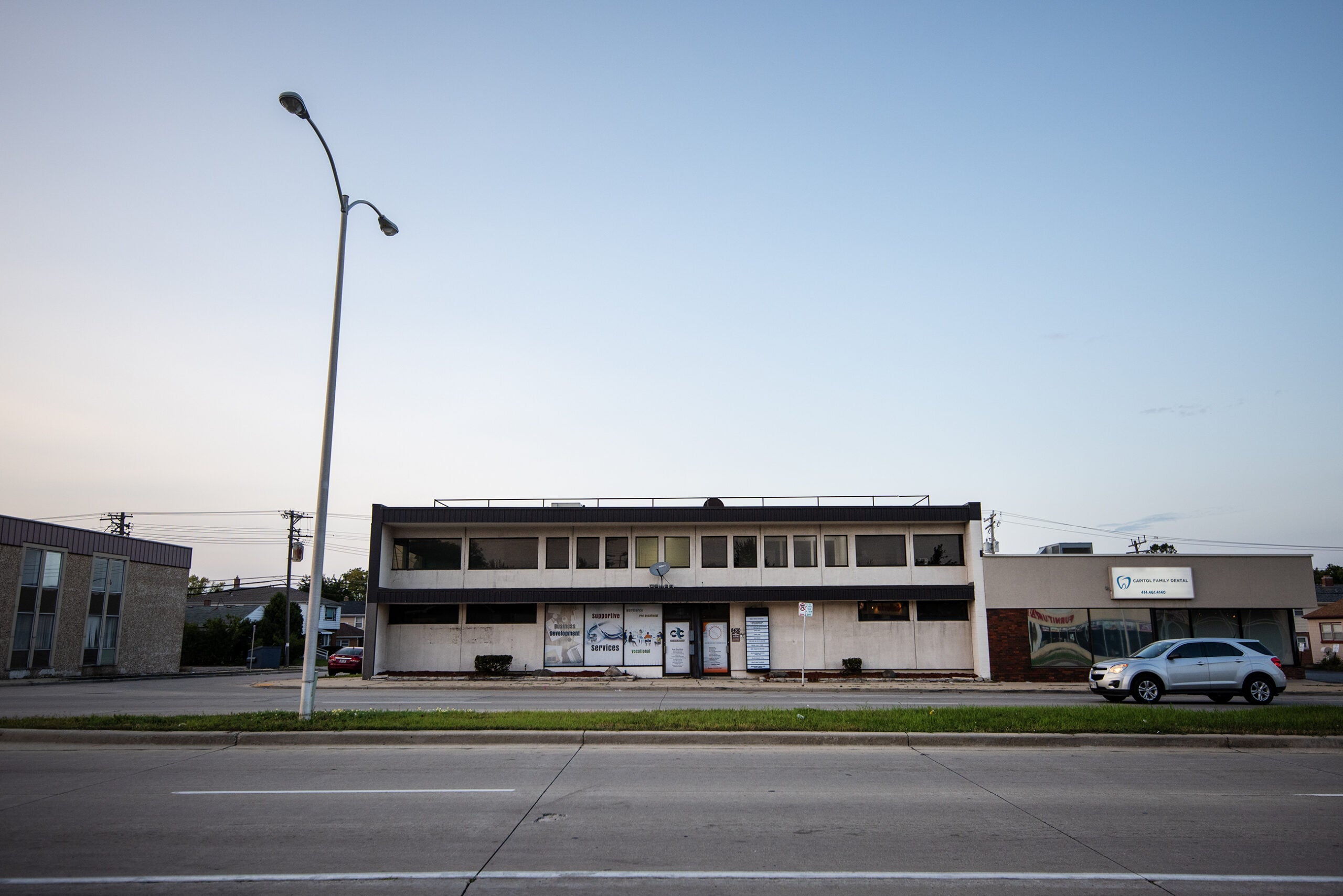Some Wisconsin businesses are taking steps to address an ongoing surge of new COVID-19 cases and the spread of the virus’ omicron variant.
Over the past week, a number of restaurants and breweries in Milwaukee and Madison have closed for in-person dining and drinking. On Dec. 29, Lakefront Brewery in Milwaukee announced it would close its beer hall through Jan. 1 due to a spike in omicron and delta variant transmissions. On Monday, the brewery announced it’s reopening the hall with caveats.
“Due to this wild Omicron / Delta transmission rate, we will now be enforcing re-enhanced COVID-19 safety protocols,” reads a post on Lakefront’s Facebook page.
News with a little more humanity
WPR’s “Wisconsin Today” newsletter keeps you connected to the state you love without feeling overwhelmed. No paywall. No agenda. No corporate filter.
Those include facemask requirements, regardless of vaccination status.
“Please keep them on unless you are eating or drinking at your table,” the post states. “We’re re-installing our Plexiglas shields at service stations and between parties on our tables.”
Melissa Buchholz is a co-owner of the Odd Duck restaurant in Milwaukee, which requires employees to be vaccinated against COVID-19 and wear masks in the business. She said those and other measures have helped keep staff COVID-19 infections low. Buchholz said it was working until about two weeks ago when the omicron variant “came like a wrecking ball.”
“So, it started with one case on staff, and we were like, ‘OK, well, this is our second case in two years,” Buchholz said. “And then all of a sudden, people were just going down left and right. So, within the course of two weeks, we had almost a third of our staff out with COVID.”
Odd Duck was closed last week. On Sunday, Buchholz posted a message on the restaurant’s Facebook page stating customers will now need to show proof of vaccination along with a photo ID for verification to enter the restaurant.
Buchholz said the policy isn’t meant to be punitive, and she respects that some customers will choose not to eat at the restaurant as a result.
“You know, we hope it’s temporary,” Buchholz said. “We wish we didn’t have to do it. We wish that there would be better guidelines from like a local, state or federal level on how to operate.”
Daniel Jacobs is a chef and owner of the DANDAN, EsterEv and Fool’s Errand restaurants in Milwaukee. He said Christmas through New Year’s is typically the busiest time of year for restaurants like his.
Fool’s Errand hasn’t been open since before Christmas, Jacobs said, and there weren’t enough cooks to reopen the Sunday after Christmas. DANDAN and Ester Ev are still temporarily closed.
Jacobs said losses for his businesses are substantial, but the biggest impacts have been felt by his staff.
“These are the guys that actually do it day in and day out, and they have our backs and they make it possible for us to do all sorts of extraordinary things for our guests, and to not be able to support them in the way that they know that we should be able to, it sucks,” Jacobs said.
He said the pandemic has highlighted things that need to change in the restaurant industry. Added service charges have allowed him to pay staff better and offer health insurance and paid vacation for full-time employees, Jacobs said.
“That’s the type of positive moves I think we need to see our industry start moving toward,” said Jacobs.
Local officials plead for residents to take precautions while still supporting businesses
Metropolitan Milwaukee Association of Commerce President Tim Sheehy said his organization sent a sobering message from area hospitals to member businesses that said health care teams are frustrated and demoralized because “the vast majority of COVID cases in the hospital are preventable.”
“At no time in the 24 months of COVID have we ever been asked to put out that kind of a plea to our members to get them to understand that while omicron may not be that dangerous, it is having an impact on hospitals and their staff, it’s filling up beds, and that we need to take some precautions,” Sheehy said.
He said those include getting vaccinated and wearing face masks when around people indoors.
Sheehy urged people to continue supporting restaurants, even though they may be closed for sit-down dining.
“If you’re not going to go out on a Friday or Saturday or Wednesday night, order out and take it home,” he said. “That helps those restaurants, and it keeps the amenities that make this a great place to live.”
Spectators not allowed for Olympic speedskating trails
On Monday, another change was forced by the surge of COVID-19 as news broke that the Pettit National Ice Center would not be admitting spectators to watch the 2022 U.S. Olympic Team speedskating trials from Wednesday through Sunday.
Pettit National Ice Center Executive Director Randy Dean said the decision was made by U.S. Speedskating team leadership in hopes of keeping athletes healthy as they strive for February’s Winter Olympics in Beijing. Dean said it will have a significant financial impact on the nonprofit ice center.
“The timing is such that a lot of things that we had invested in — the tent outside, other services and inventory, setup of the venue — we have to undo those things now or at least have those expenses,” Dean said.
Still, Dean said it was a prudent decision by the U.S. Olympic team in light of the current spread of the omicron COVID-19 variant.
Wisconsin Public Radio, © Copyright 2026, Board of Regents of the University of Wisconsin System and Wisconsin Educational Communications Board.

